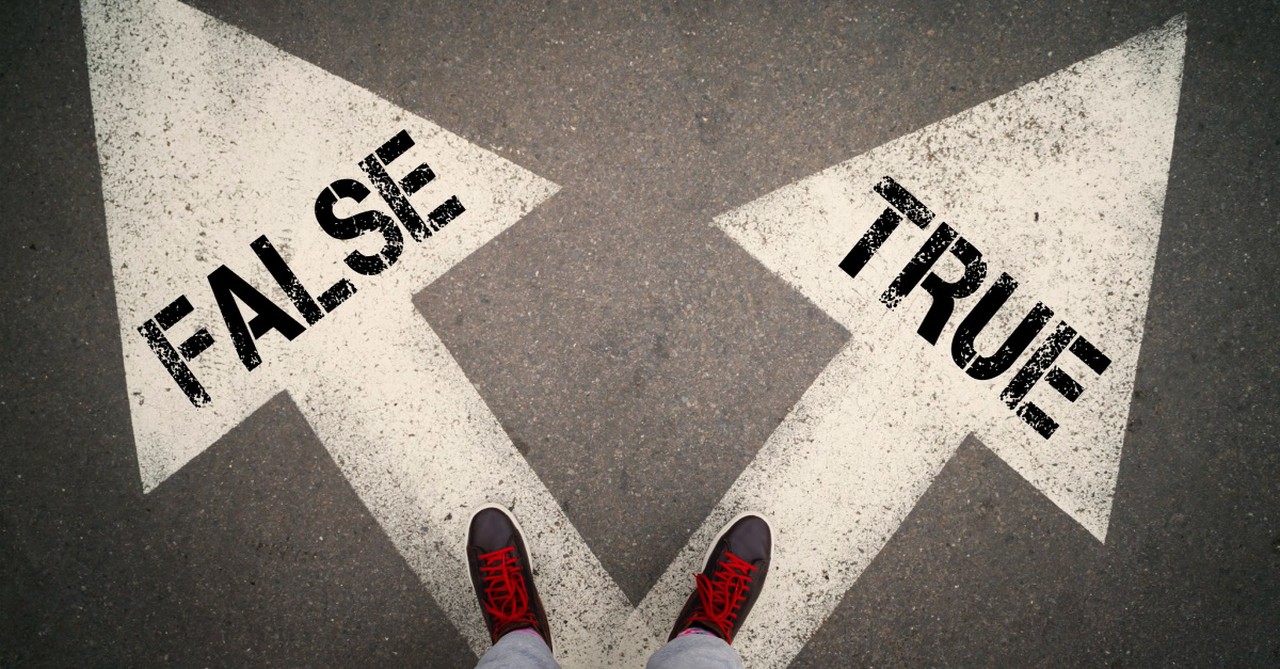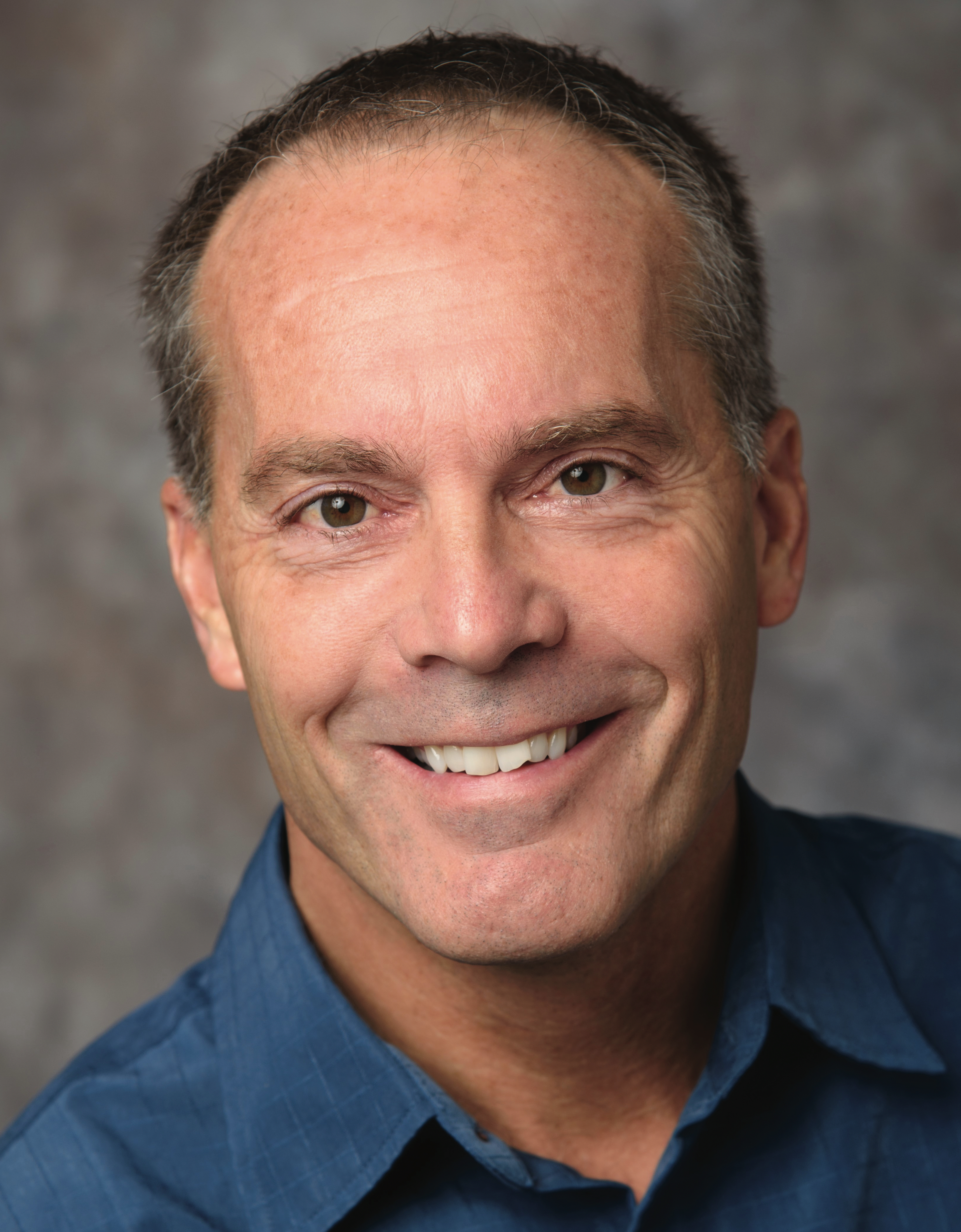5 Steps to Escape the Blame Game and Heal Your Past

Can we still pursue relational growth in today’s chaotic culture?
Absolutely. While it’s tempting to blame fear, the economy, or any number of current stressors for the relational challenges we face, personal and relational growth is well within our reach.
We need to be willing to stop the blame game and take intentional time to understand and heal our stories.
Let’s take a look at five steps we can take to stop blaming and start healing:
Photo Credit: ©GettyImages/greenleaf123
Step 1: Give Yourself a Promotion

Step 1: Give Yourself a Promotion
SLIDE 1 OF 5
Too often, we surrender control of our relational and emotional well-being. We put ourselves at the mercy of other people’s desires and behaviors, which leaves us feeling powerless and resentful.
Let’s be clear: while you have no control over someone else’s conduct, you have complete control over the nature and trajectory of the relationships you choose to have. In fact, control over your relationships is not only an option; it’s your responsibility.
Give yourself a promotion that matches your authority: you are CEO and Chair of the Board of you. You are the most powerful person in the world when it comes to controlling your life. No one can dictate how you’ll relate—or not relate—with others.
What does it look like to act as your own CEO and take responsibility for your relationships and personal growth? First, ensure that you’re physically and emotionally safe. In most situations, this means having a trusted band of wise friends who act as a sounding board, offering wisdom when needed. It’s important to note, however, that If you’re in a relationship that puts you at risk for any sort of harm—verbal, physical, sexual, emotional, or power abuse—secure your own safety before making changes to the relationship that might antagonize the other person. See a licensed therapist and create a plan before proceeding.
Second, give yourself permission to make decisions in how you relate to others. You get to choose the next steps that address unsatisfying relationships, and your trusted friends or therapist can help you choose wisely.
Photo Credit: ©GettyImages/fcscafeine
Step 2: Stop Drinking the Poison

Step 2: Stop Drinking the Poison
SLIDE 2 OF 5
None of us makes it to adulthood without having been hurt by others—parents, teachers, bosses, partners. It’s easy to get stuck focusing on what the other person(s) did or didn’t do, and how they wronged us. This is called rumination.
Rumination is when we play a situation over and over in our heads in a failed attempt to do yesterday different. In the blame game, we keep the focus on what the other person did wrong, while conveniently ignoring any contributions of our own.
Rumination is a dead end—and it’s devastating to our mental health. The findings of more than 200 academic research papers (Susan Nolen-Hoeksema, Blair E. Wisco, and Sonja Lyubomirsky, “Rethinking Rumination,” Perspectives on Psychological Science,” Vol. 3, No. 5, Washington, D.C.: Association for Psychological Science, 2008, 400-424) demonstrate that rumination contributes to: depression; anxiety; binge eating and drinking; self-harm; hopelessness; pessimism; self-criticism; dependency and neediness; prolonged distress; a clingy interpersonal style; aggressive tendencies; and poor problem-solving. Whew!
While it might feel good in the moment to watch mental re-runs of past harms, it’s far too costly. Playing the blame game is like drinking poison and waiting for the other person to die. Clearly, we want to avoid rumination. Instead, we need to turn our focus inward. One of the hardest things about taking responsibility for yourself is keeping your focus on the one person who has the most power in your life: you.
Photo Credit: ©GettyImages/g-stockstudio
Step 3: Clean the Mirror

Step 3: Clean the Mirror
SLIDE 3 OF 5
When our mirror is dirty or cloudy, we are unable to get an accurate picture of ourselves. Both our lovely and not-so-lovely features are distorted. It’s time to clean the mirror.
Everyone has a unique relational beauty—a remarkable skill or characteristic that helps them succeed in relating with others. For some it’s compassion; for others, it’s wisdom, generosity, resilience, empathy, kind humor, and the like.
You’re no different. Even if your past was pock-marked with pain, your life has beauty. When you look in the mirror at who you’ve become today, you’ll see the people, places, events, and environments of your story where good seeds were planted.
Over time, those seeds grew into your exceptional traits.
Take some moments and name those remarkable traits in yourself, and then explore their origins. My guess is that you received positive messages in your earlier years, whether verbally (from people of influence in your life) or circumstantially (from lessons you learned).
You subconsciously took in messages about yourself that play out over and over—and today you can see the benefit of those positive messages in how you relate to others.
In my story, I received positive reinforcement from my father to work hard. As such, I have lived my entire life with the underlying message, “Only hard workers succeed in this world.” Today, I’m a resourceful and industrious person, and to a large degree, I have my father to thank.
A dirty mirror distorts reality and allows inaccurate, negative messages from our past to adversely impact our relationships. Identifying and addressing these distortions are key to improving our relationships and doing the rest of our lives better.
When we were very young, we lacked the understanding or ego strength to accurately interpret our experiences. We did the best we could to make sense of the world through the profound limits of a child’s mind.
Given those limitations, none of us escaped our developing years without coming to believe—often subconsciously—some things about ourselves and others that may feel true but are not true. Sometimes these distortions are devasting, such as:
“I must be bad. I made Dad so mad he had to punch me again.”
“I must be better than others because my family has a nice house and car.”
More often, the distortions are more subtle:
“If I disappoint others, I will be rejected.”
“Conflict is bad.”
“Anger is the most effective way to get what you need.”
We all enter into adulthood with distorted messages about ourselves, the world, God, and how it all fits together. We may tell ourselves that we really don’t believe those messages, but when we get relationally challenged, threatened, or frightened, our emotional brains kick into autopilot, and we behave as if the distorted messages were true.
Those subterranean messages rule the day far more than we are aware or care to admit. They contribute to unhelpful relational patterns that keep us stuck.
Photo Credit: ©GettyImages/opolja3
Step 4: Identify the Message

Step 4: Identify the Message
SLIDE 4 OF 5
Psychologist and executive coach Dr. Andrew Hartman describes the distorted messages we inherited from our stories as “messages of the wound”—or MOW, for short. MOWs are beliefs about ourselves from our past that aren’t true, but they certainly feel true.
MOWs guide far more of our adult interactions than we understand. Here are some examples:
“I’m not important and my voice has no impact."
“I can control others through my tears and neediness.”
“Big boys don’t cry.”
“People will take advantage of you.”
“God is not good (powerful, loving, etc.).”
“What they don’t know won’t hurt them.”
“It’s a dog-eat-dog world.”
“Only the strong survive.”
Most of my writing and coaching these days is directed at helping clients name and combat these destructive messages. The hardest part—for them, for me, and likely for you—is accurately naming them.
Growing up, one of my subterranean MOWs was, “People will abandon you.” With this message as a backdrop, I entered adulthood afraid of relational intimacy. I feared being hurt when the eventual betrayal occurred, so I kept my distance. As you would expect, this posture didn’t exactly help my college friendships or romantic relationships.
Entering marriage, I needed to refute this MOW and replace it with a more accurate one: that my wife loved me and would not abandon me. When I found myself distancing, I would tell myself, “I have no reason to doubt my wife’s commitment,” or “If I’m worried about something, it’s okay to talk to her about it. It’s not okay to isolate.” Eventually, this tactic helped me to heal and be less impacted by my old, outdated MOW.
What message have you carried from childhood into adulthood? How does it impact the way you relate to others?
Spend time thinking or journaling to identify any outdated MOWs that need to be replaced. Try to catch yourself when you behave according to that distorted message; refute it; and replace it with a different, more accurate message.
Photo Credit: ©Getty Images/Natasaadzic
Step 5: Choose Better Mirrors

Step 5: Choose Better Mirrors
SLIDE 5 OF 5
Just as a mirror helps us avoid walking into a meeting with a piece of lettuce stuck between our teeth, a relational “mirror” helps us spot and avoid relational mistakes.
None of us can see ourselves clearly. Research confirms that even the most self-aware of us has a surprisingly inaccurate view of ourselves and how we really impact others—which highlights the power and potential of having multiple mirrors in our lives. Dr. Dan Allender, Ph.D., of The Allender Center, said this during a lecture for the Advanced Trauma and Abuse Certificate: “I need you, for I cannot see my own face.”
A good relational mirror is a wise, truth-speaking friend who helps you see your blind spots, those parts of yourself you simply cannot see on your own.
My personal growth would not have progressed without a number of trusted friends to whom I shared my story. For my struggles with isolation and emotional distancing, I asked them these two questions:
1. How does my being overly protected and emotionally distant hurt you?
2. Will you call me out when you notice me being distant, aloof, or inattentive to our relationship?
Their truthful answers and gentle coaching have helped me immensely. I’m forever grateful.
Do you have clean mirrors in your life? I strongly encourage you to talk with them about the distorted beliefs that hinder your relationships. Ask them for input in two areas:
1. How does my message of the wound and resulting behavior adversely impact you?
2. Will you please speak up when you notice that I might be resorting to behavior that hurts my relationships?
It takes some practice, but I assure you—it’s worth it!
Make the most of any season by grabbing the reins of your relational and personal growth. When we stop playing the blame game and start healing from our past, we take responsibility for our relationships—and we really can do the rest of our lives better.
Photo Credit: ©GettyImages

Originally published August 11, 2025.






